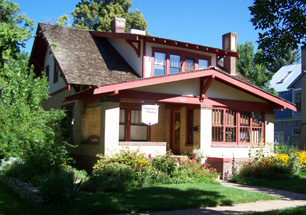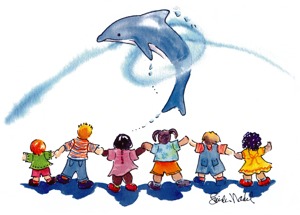Child Sexual Abuse Myths and Facts
Myth: Child sexual abuse is a rare experience.
Fact: Child sexual abuse is not rare. Retrospective research indicates that as many as 1 out of 4 girls and 1 out of 6 boys will experience some form of sexual abuse before the age of 18.1 However, because child sexual abuse is by its very nature secretive, many of these cases are never reported.
Myth: A child is most likely to be sexually abused by a stranger.
Fact: Children are most often sexually abused by someone they know and trust. Approximately three quarters of reported cases of child sexual abuse are committed by family members or other individuals who are considered part of the victim’s “circle of trust.”2
Myth: Preschoolers do not need to know about child sexual abuse and would be frightened if educated about it.
Fact: Numerous educational programs are available to teach young children about body safety skills and the difference between “okay” and “not okay” touches. These programs can help children develop basic safety skills in a way that is helpful rather than frightening. For more information on educating young children, see Let’s talk about taking care of you: An educational book about body safety for young children, available at www.hope4families. com/Lets_Talk_Book_Information.html.
Myth: Children who are sexually abused will never recover.
Fact: Many children are quite resilient, and with a combination of effective counseling and support from
their parents or caregivers, children can and do recover from such experiences.
Myth: Child sexual abuse is always perpetrated by adults.
Fact: Twenty-three percent of reported cases of child sexual abuse are perpetrated by individuals under the age of 18.3 While some degree of sexual curiosity and exploration is to be expected between children of about the same age, when one child coerces another to engage in adult-like sexual activities, the behavior
is unhealthy and abusive. Both the abuser and the victim can benefit from counseling.
Myth: Talking about sexual abuse with a child who has suffered such an experience will only
make it worse.
Fact: Although children often choose not to talk about their abuse, there is no evidence that encouraging children to talk about sexual abuse will make them feel worse. On the contrary, treatment from a mental health professional can minimize the physical, emotional, and social problems of these children by allowing them to process their feelings and fears related to the abuse.
Published by the National Child Traumatic Stress Network







